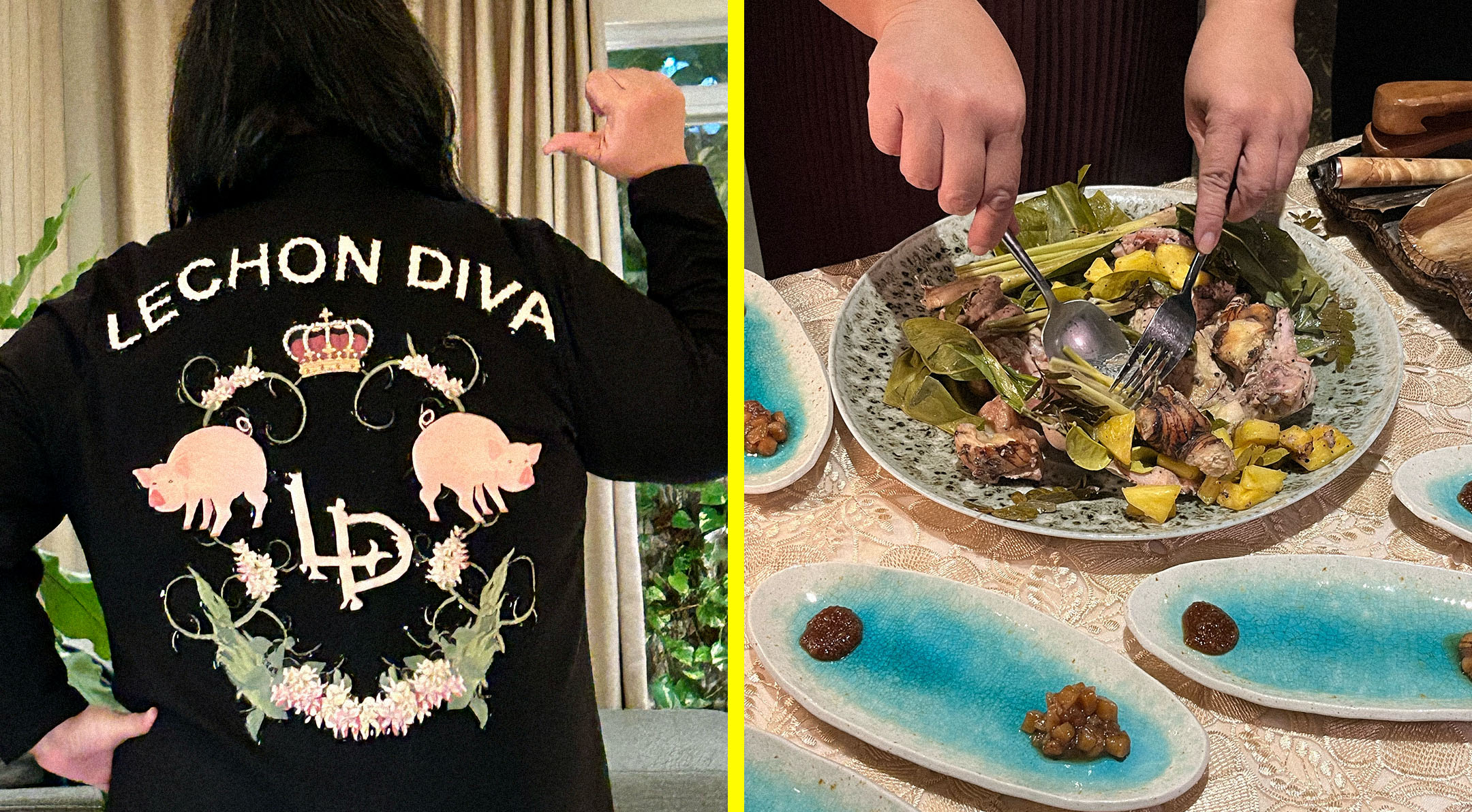
That is the sensation one gets upon cracking open “Monstress: Stories” (Ecco, New York, 2012, 224 pages), the debut short story collection from Filipino-American writer Lysley Tenorio. The Olongapo City-born and San Francisco-based Tenorio has received honors such as the Pushcart Prize and a National Endowment for the Arts fellowship for his fiction. But all the proof you need that he is a phenom are the eight stories in this slim, spectacular volume.
Save for one story, all the pieces in “Monstress” reflect different takes on diaspora, dipping displacement in whimsy, irony and humor. Each story has a tragedy at its heart, sometimes visible but often not, happening at different points in time.
Here are exiles and departures small and big, temporary and permanent, measured and unknown. Each protagonist is either Filipino or Filipino-American, and often they are their own worst villains. Tenorio’s stories are pitch-perfect and perfectly balanced little constructions, with little bits and pieces of his own experience mixed into the powder of his stories, as we see shadows we recognize and things terrifyingly new.
“Save the I-Hotel” details the long-time friendship between Fortunado and Vicente, two men living at International Hotel, better known as I-Hotel in SF.
The brooding tale “The Brothers” features a man named Edmond dealing with the fallout from the death of his estranged homosexual brother Eric.
In “Felix Starro,” a second-generation faith healer questions his calling and enacts his escape while he and his charlatan grandfather are on an illegal miracle tour through the Bay Area.
Unfortunate sufferers
Unremittingly sad, “The View from Culion” follows the unfortunate sufferers marooned on the leper colony as told from the point of view of a girl who was returned from the States after developing the disease. It revolves around an encounter with a similarly afflicted American soldier who has gone AWOL.
“L’amour, CA” unspools the dysfunctions of a family that has just arrived in the West Coast town of Lemoore, and the toll it takes when one sibling dreams of romance in the wrong places while another is trapped by his own ability to trust.
The only other story told entirely in the Philippines, the hilarious “Help,” takes a second, closer look at the Beatles’ ill-fated 1966 expedition to Manila. Basically thrown out of the country after spurning First Lady Imelda Marcos’ request for a private concert, the Beatles are the target of a motley crew of young men upon the urging of Uncle Willie, who is utterly devoted to Imelda. Their goal was revenge. The result was something else altogether.
Crammed full of knowing comic-book references, “Superassasin” unravels the the somewhat fictional world built by an unnamed, alienated and troubled boy, the son of a Filipino mother and an American serviceman father. Bullied in school and dealing with his broken mother, he possesses one brown eye and one black eye, one among several traits that leads him to believe he is one of those super-powered mutants: “But I couldn’t explain it all; all I could think about was the time and space between the vanish and return, where a small thing went in its moments of absence—I pictured some dead planet without weather or sound, and I’d lie awake at night, determined not to dream of it.”
Best story
But the best story in the book is the titular tale of wonderment and disappointment, exemplifying the funny and fatalistic found in the other stories. “Monstress” follows failed movie maker Checkers Rosario and his muse, Reva Gogo, who performs as everything from the Squid Mother to Werewolf Girl in Rosario’s bargain basement-monster flicks. Their lost dreams are reawakened when an American producer shows up seeking to buy their monster footage for his own production.
Spirited to the States, Checkers and Reva react in disparate ways to the journey: “But I was used to this lack of marvelousness, because Checkers worked this way, too, attempting magic from junk: wet toilet paper shaped like fangs was good enough for a wolf-man or vampire, and our ghosts were just bed sheets.”
There is no such chicanery in Lysley Tenorio’s elegant short stories found in “Monstress,” tales which herald the arrival of a fascinating new storyteller on the bookshelves of wherever it is that you call home.
Available in paperback from National Book Store.















































